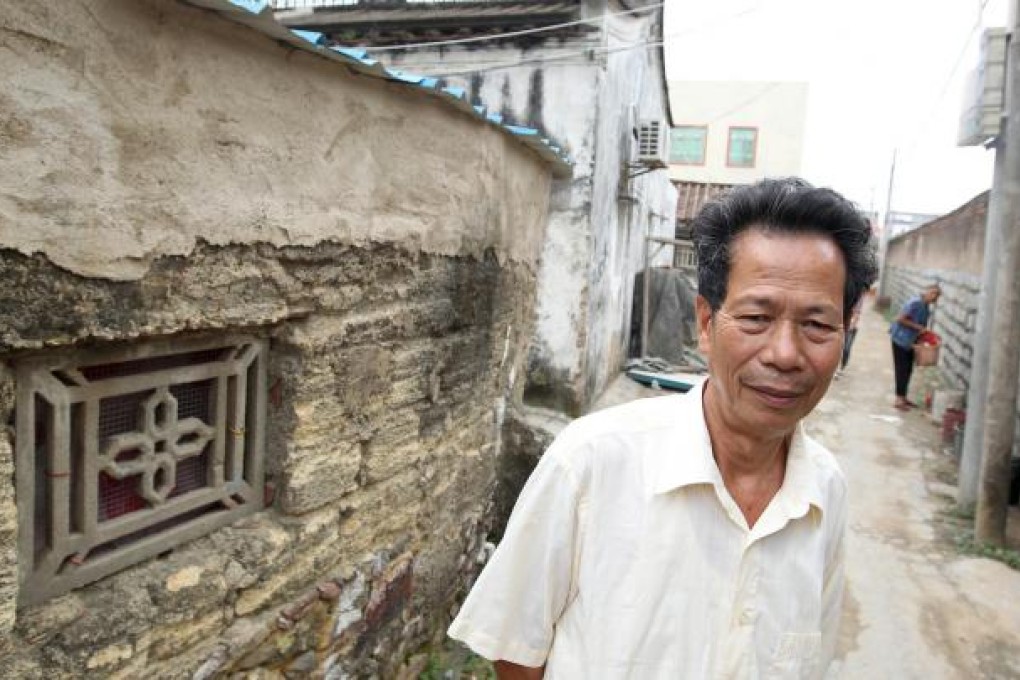Wukan democracy leaves village divided
Some elected leaders of a Guangdong village renowned for its democratic elections say the village is not ready for the democracy its residents aggressively aspired to a year ago. Villagers in Wukan, Lufeng county, were in a festive mood in March, as they were finally able to vote in the election of a seven-member village committee after months of struggles and confrontations with authorities because of illegal land grabs.

Some elected leaders of a Guangdong village renowned for its democratic elections say the village is not ready for the democracy its residents aggressively aspired to a year ago.
Villagers in Wukan, Lufeng county, were in a festive mood in March, as they were finally able to vote in the election of a seven-member village committee after months of struggles and confrontations with authorities because of illegal land grabs.
The participants hailed their protests as an effective model for people across the mainland facing similar situations.
However, almost a year later, there appears to be growing resentment between the elected leaders and villagers, while the land issues have not been resolved, triggering doubts about the feasibility of democratic rule.
"We are not satisfied," said one villager. "We removed corrupt officials to get our land back, but have received nothing, and the new village committee has not given us an explanation."
We removed corrupt officials to get our land back, but have received nothing, and the new village committee has not given us an explanation
The frustration is in stark contrast to the uplifting mood among the thousands of villagers when they took to the streets to protest against what they said was the illegal seizure of 446 hectares of land.